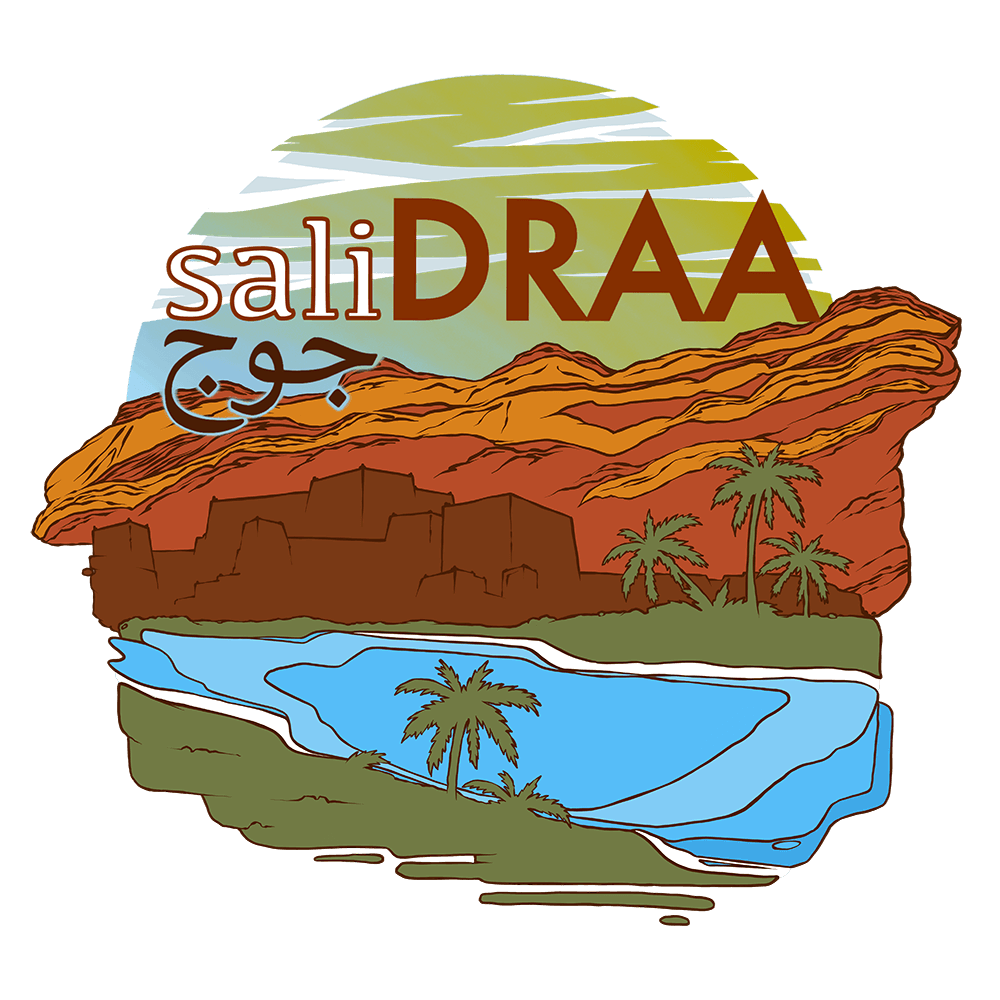WP1
Workpackage 1: Transdisziplinäre Kooperation
Um ein wahrhaft sozial-ökologisches Systemverständnis zu erarbeiten und holistische Problemlösungen für ein konkretes Umweltproblem entwickeln zu können braucht es fächer- und wissenschaftsübergreifende Kooperationen wie in SaliDraa2. Dies ist jedoch nur möglich durch eine enorme Lernbereitschaft der einzelnen Teammitglieder über den eigenen Horizont hinaus, sowie eine Offenheit gegenüber unterschiedlichen Wissens- und Ausdrucksformen.
Dieses WP dient gezielt dem Austausch von Methoden, Konzepten, Theorien und Ergebnissen zwischen den verschiedenen Arbeitspacketen, Teammitgliedern und Praxispartnern, der Klärung von Begriffen, der Stärkung persönlicher Beziehungen, sowie der organisatorischen Koordination im Projektteam.
WP5
Workpackage 5: Transdisciplinary conclusions and recommendations
By combining the various results and observations of the previous work packages, work package 5 aims to contribute new transdisciplinary work to the social-ecological research, identify knowledge gaps and develop concepts of social-ecological systems in relation to river basins. New concepts of transdisciplinary work will be used to overcome challenges in the context of complex interactions between humans, water and biodiversity, not only in the Drâa river basin, but worldwide.
Furthermore, in close collaboration with local partners and actors, work package 5 will provide recommendations of action for a sustainable use of water and the protection of the environment in the Drâa river basin by developing future scenarios of different ways of water usage.
